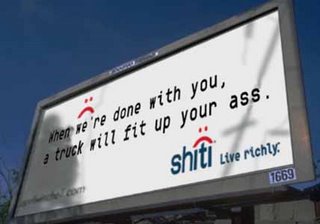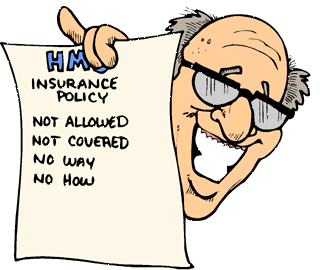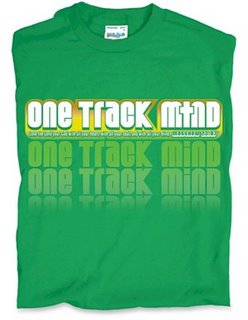
We finally took the plunge and bought a house. After 2 years of searching in the over-priced market that is San Diego, we came across a house that my wife and I really liked. I feel that I can talk about a number of things with respect to this process but I will talk about our experience with a discount real-estate broker.
To begin with, we are very hands on whenever we purchase something and like to do our own research. Whether it's buying a toaster to a bed to a house, we like to be as informed as possible (AKA "maximizers" as described in the excellent book, "The Paradox of Choice"). So when we decided to start looking for a house, we utilized a traditional real estate agent. The traditional agent is supposed to provide expertise in providing you with a number of homes to look at that match your taste, knowing the market, providing accurate comparables, and most importantly, negotiating the deal. The traditional agent is supposed to provide personalized service and most importantly, serve as your fiduciary... the cost is typically 2-3% commission paid by the seller but indirectly paid by you, the buyer since this cost is priced into the cost of the property.
We found an agent that molded well with our personality. She didn't seem like a scheister and appeared to be honest. However, we soon realized that we were doing all the leg-work... finding the houses that we liked on different websites, telling our agent that we wanted to see them, looking at the houses with our agent, even making bids on 2 homes with their help but losing out to other buyers.
Of course, when we went with our agent, everything was always so POSITIVE! I say, "this house has road noise," Agent: "Oh, you just need to put a fountain". Me: "I noticed that drainage in the yard is lacking" Agent: "Oh yeah, I noticed the grass was really wet". Translation.."I want you to buy a house as soon as possible so that it is less work for me. I will make every negative a positive. If I notice a flaw in the house, I won't mention it to you unless you mention it to me." Not quite the fiduciary that meets the "ethical" standards of real estate agents. Now, I know there are good real estate agents out there, don't get me wrong, but the whole business model of real estate agents will eventually need to evolve as the internet plays a more prominent role for buyers and sellers.
Which brought us to try a discount broker called Buyside realty. They will provide a 75% rebate to you from the commission they get. How was our experience with them? To be continued.





